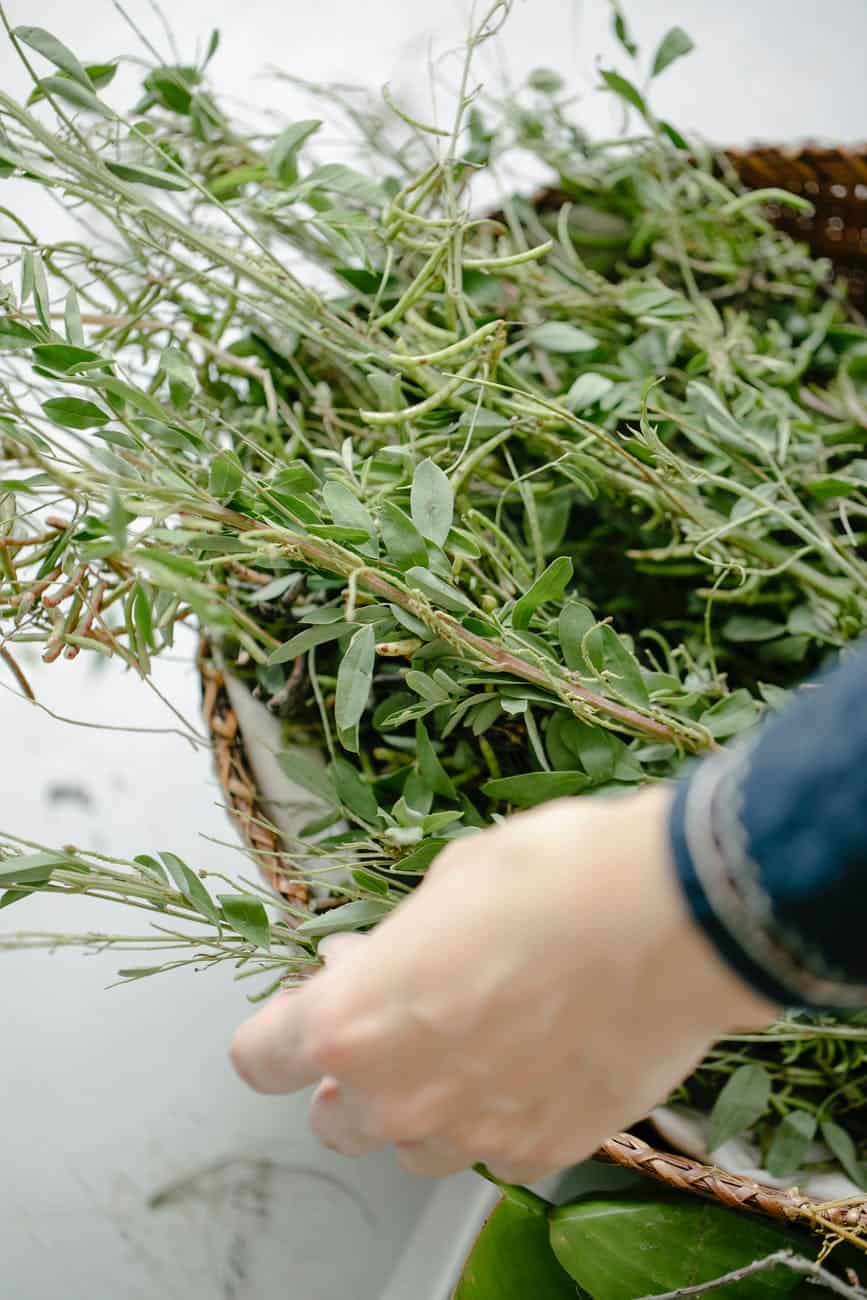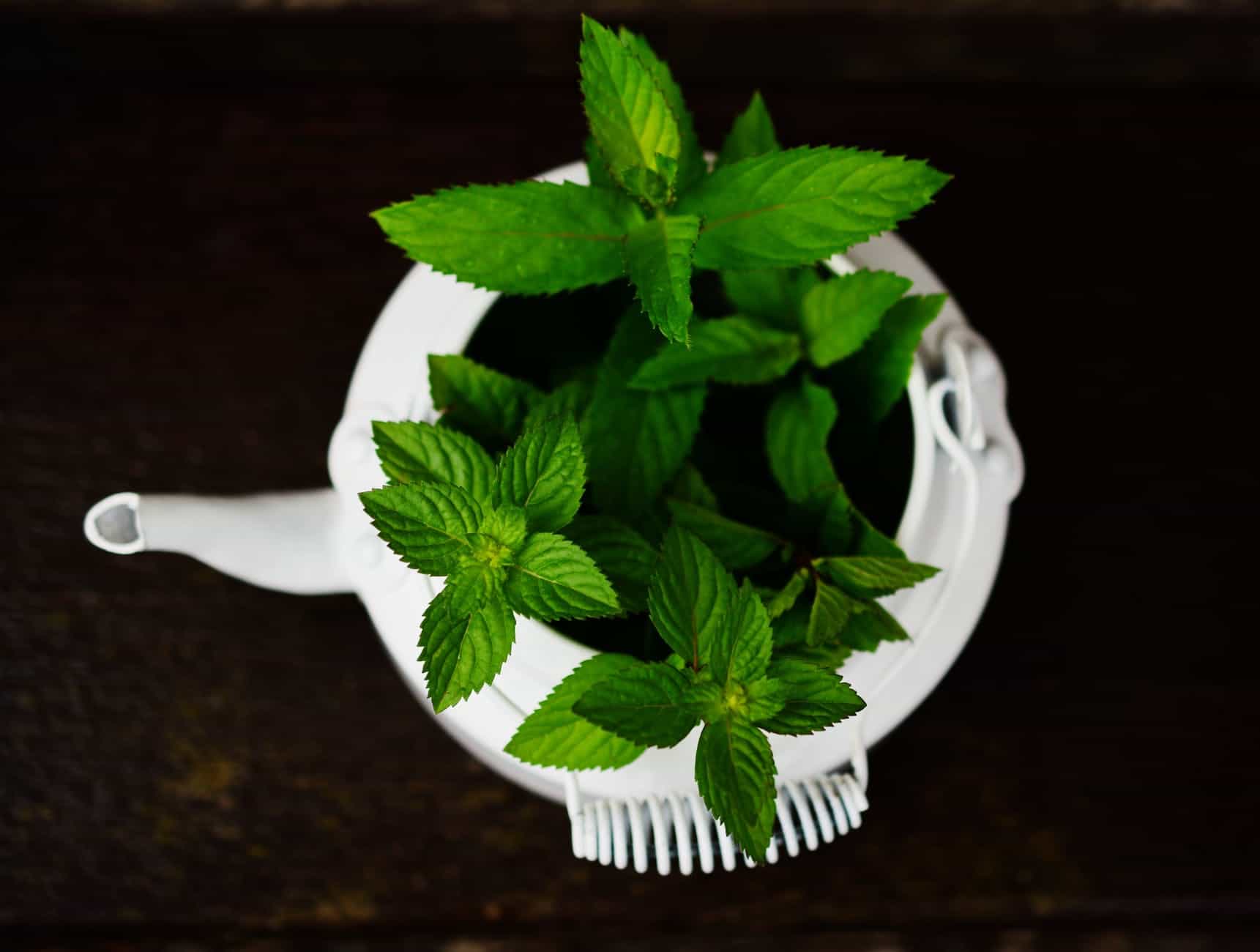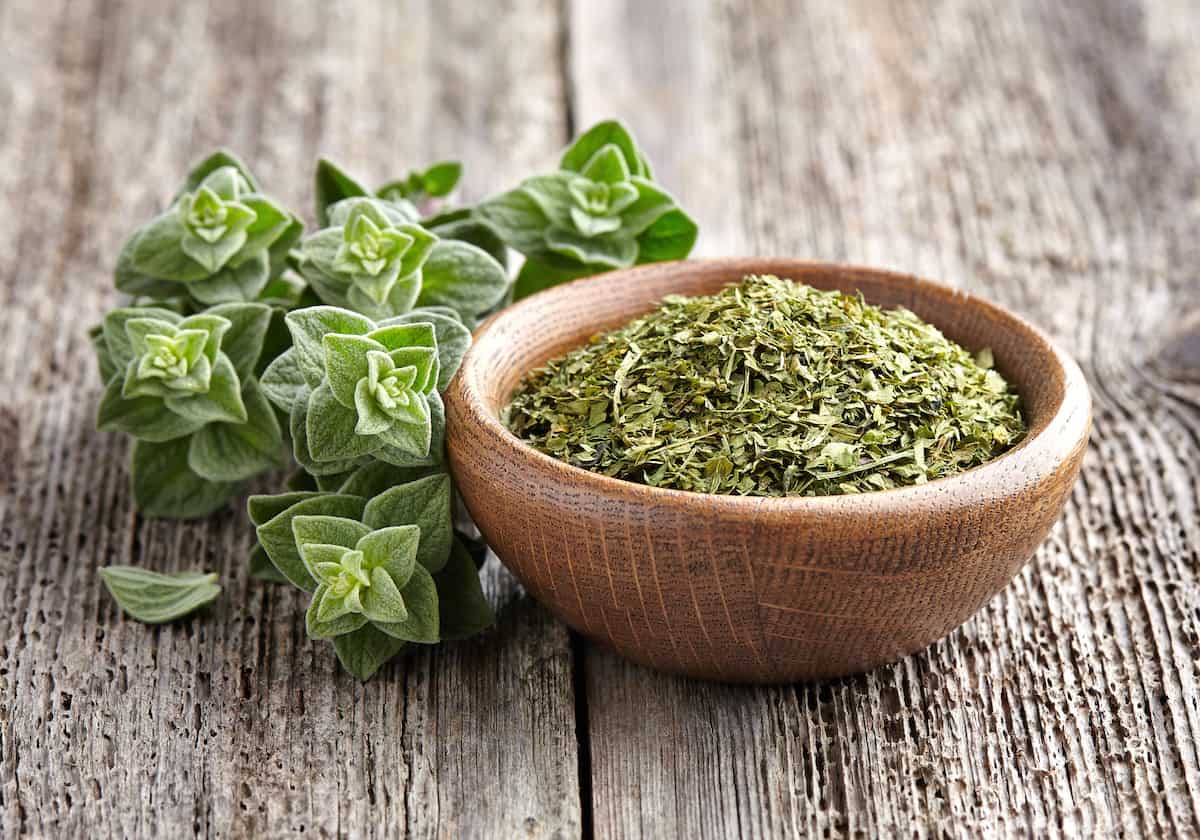There are many things that can be done to keep your lungs happy and healthy. Along with ensuring your indoor air quality remains at an acceptable level (visit Wellness Nova for more information on this), you can also introduce healing herbs into your routine to ensure your respiratory health is at its peak.
Here are some of the most common medicinal herbs that will help you breathe better.
Thyme

Thyme (Thymus Vulgaris) is known to fight respiratory infections and is a natural expectorant, meaning it helps in the expulsion of mucus. It is well known for its soothing properties and ability to clear the airways.
To prepare a healing tea, place one teaspoon of dried thyme in one cup of boiled water. Let it stand for 10 minutes with a lid on, then strain and serve. Thyme essential oil also contains a high level of carvacrol, which may help eliminate or protect against viruses and bacteria.
Rosemary

Rosemary (Salvia Rosmarinus) is another natural expectorant. The use of rosemary oil or tea made from the leaves is a potent intervention to help in clearing out the lungs. The extract from rosemary has also been shown to inhibit the growth of cancer cells, such as the cells present in lung carcinoma.
Eucalyptus

Eucalyptus helps lessen mucus, as well as loosen it so it can be more easily coughed up. Inhaling steam with added eucalyptus essential oil can aid with conditions such as asthma and sinusitis. It is also believed to reduce muscle spasms that narrow the airways, consequently making it more difficult to breathe.
Licorice Root
Licorice (Glycyrrhiza glabra) root extract or tea may aid in upper respiratory tract conditions. This is due to its antimicrobial and anti-inflammatory nature. Licorice root’s primary active compound is glycyrrhizin and is responsible for Licorice’s impressive medicinal profile. It works well in treating asthma in conjunction with modern asthma treatments.
Lemon Verbena
Lemon Verbena (Aloysia triphylla) helps in clearing congestion in the respiratory tracts by loosening up mucus and phlegm. It’s also helpful in treating digestive disorders such as bloating and diarrhea – not to mention it imparts a delicious lemon aroma.
Peppermint

Peppermint (Mentha × Piperita) is a powerful antihistamine, making it particularly useful in supporting the overall health of the respiratory system. Not only is it a delicious addition to food and drink but also can prevent allergens and foreign bodies from causing damaging inflammation, keeping the airways open and unobstructed.
Plantain Leaf
Plantain leaf (Plantago Major) is a common, low-growing herb that can be found in fields and meadows. It grows in a radial pattern similar to dandelion. It is unrelated to the fruit with the same common name. Used as a topical application, it can provide relief for respiratory distress and inflammation.
Astragalus
Astragalus (Astragalus Propinquus) contains a plethora of antioxidants so is effective as an immune booster. The use of this herb during cold and flu season is a wise and proactive measure to help ward off troublesome respiratory illnesses.
Oregano

Oregano (Origanum Vulgare) is packed with natural decongestants and antihistamines due to the presence of carvacrol and rosmarinic acid, respectively. Consequently, consuming oregano can have a beneficial effect on lung function. Ingesting oregano oil has also been known to help treat respiratory tract conditions such as asthma and coughs.
Herbs as Health
There’s absolutely no substitute for maintaining a healthy lifestyle, but incorporating some of these widely available medicinal herbs into your routine can help keep your health at an optimal level.
Since these herbs can help ease breathing – a vital function of all living beings – they may be worth adding to your regimen.
Your taste buds will rejoice and your airways are sure to thank you for these tasty additions. As always, be sure to consult with your doctor before adding any medicinal herbs to your routine.












